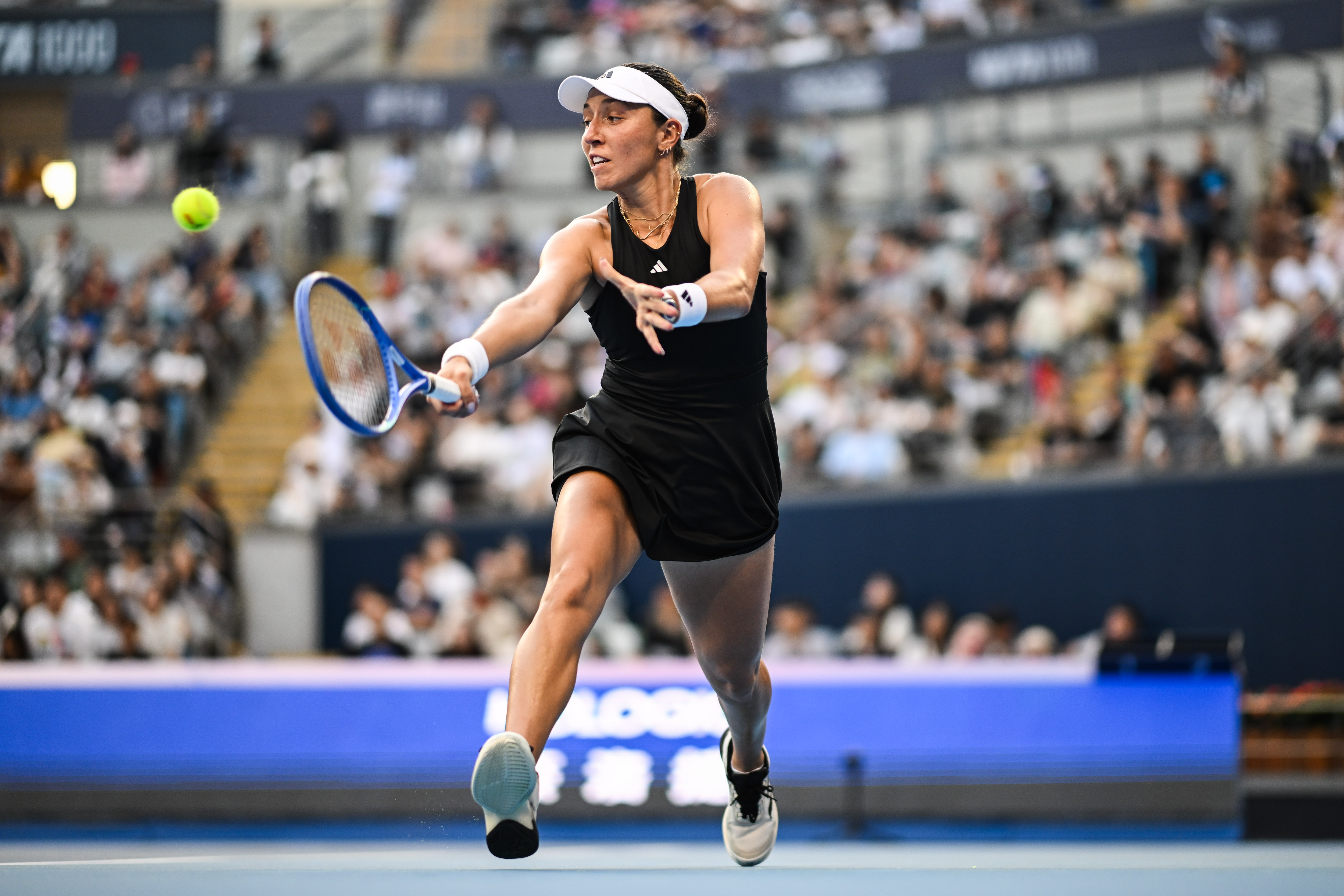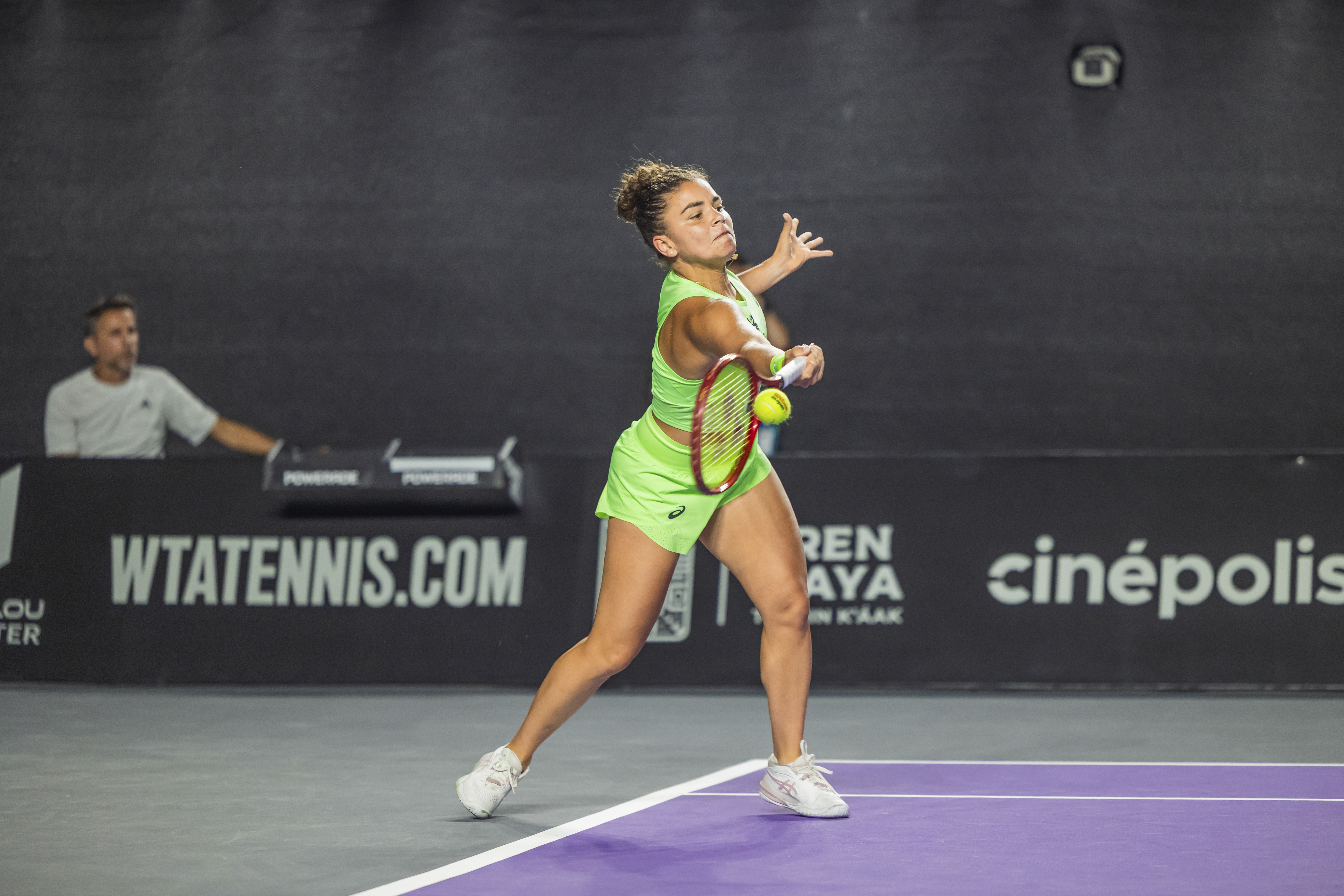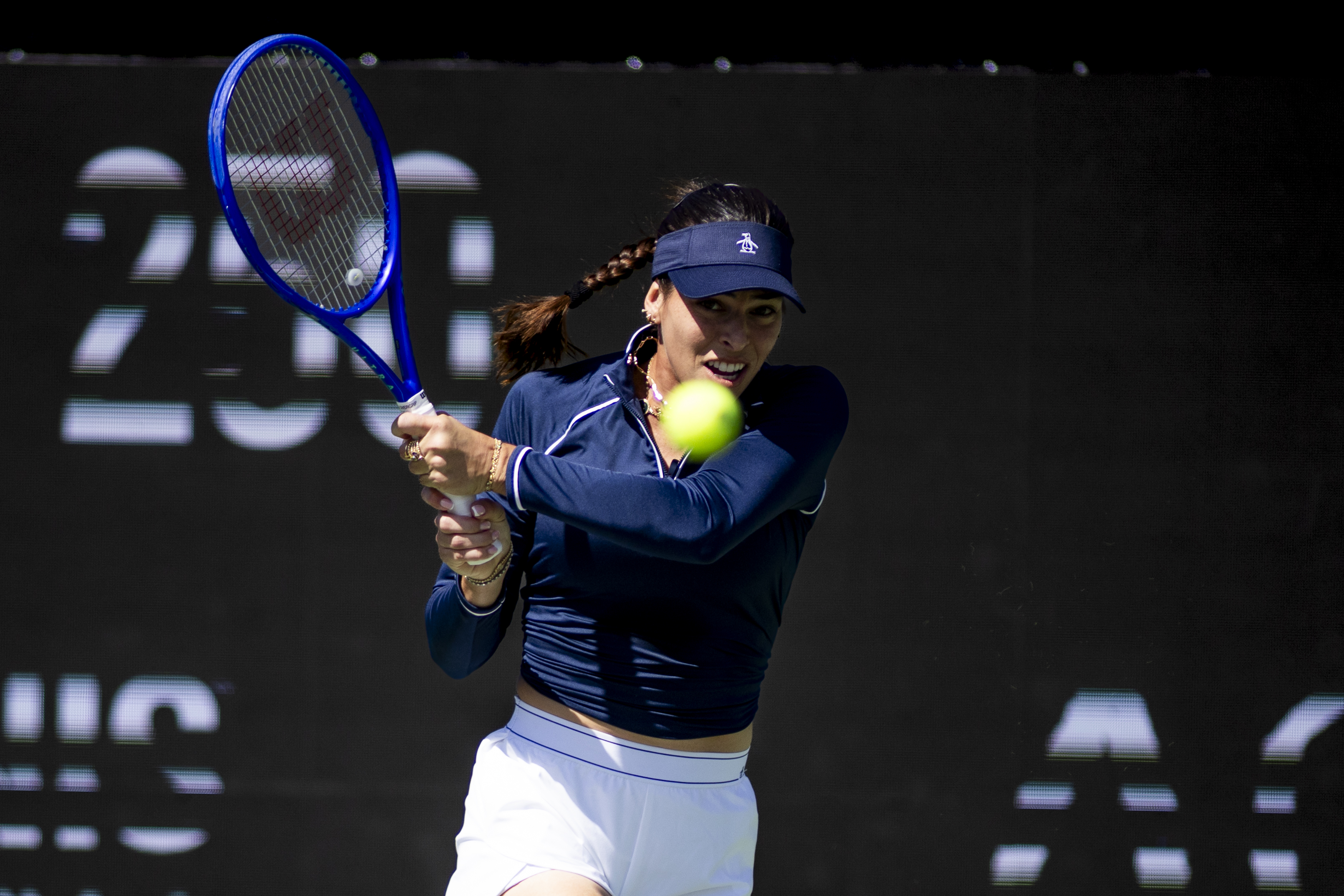Under Beijing’s autumn sun, the hard courts of the China Open pulsed with the rhythm of a duel that tested limits. The No. 5 seed
Jessica Pegula, her game forged in a season of quiet battles against fatigue and form, stared down elimination against the No. 30 seed
Emma Raducanu. What emerged was a 3-6, 7-6(9), 6-0 triumph after 2 hours and 21 minutes, a testament to resilience where every rally carried the weight of unspoken stakes.
Raducanu ignites with forehand fury
Raducanu charged out like a storm, her flat forehands carving through the air to snatch a 4-1 lead in the opener. She erased a break point in the first game with a forehand pass that ended one of the match’s fiercest exchanges, her speed turning retrievals into weapons on a surface that rewarded bold pace. Pegula stumbled early, a double fault costing her serve right away, while her strokes searched for groove amid the crowd’s rising hum.
By the sixth game, the American’s forehand sparked to life, but Raducanu’s wing kept humming, firing winners to claim the set and break for 2-1 in the second. The British player’s athletic edge, honed through a summer resurgence, pinned her opponent deep, the hard court’s true bounce amplifying those inside-out lasers. Yet beneath the dominance lurked a shadow— just a week prior in Seoul, she had let a 5-2 second-set lead slip against
Barbora Krejcikova, crumbling in a tiebreak to another former top-3 rival.
“That was a crazy match,” Pegula said in her on-court interview. “That was really intense. But I got myself back into the tiebreak and just wanted keep pressure on. When she hit the double fault [leading 5-4], I knew I was still playing some good tennis. It was right there, it was really, really close. And to be honest, I think I got a little lucky on those two backhand winners [both down match point]. But I just tried to keep fighting for as long as I could.”
Pegula’s backhand defies the brink
The second set coiled tight, serves holding firm until Pegula struck back with a defensive lob that drew a volley wide from Raducanu at net, leveling at 2-2 in a blur of extended rallies. She leaned into crosscourt depth to stretch the court, her returns climbing in bite as the 22-year-old’s rhythm faltered under the pressure. The tiebreak arrived like a verdict, Raducanu gripping three match points while the stands held a collective breath, the air thick with chalk dust and anticipation.
Pegula’s backhand became poetry in crisis: on the first match point, a half-volley down-the-line redirected a thumping return with venomous spin. The second survived a net cord that handed Raducanu a forehand gift, only for the American to whip it down-the-line from the fringes, her position a scramble turned triumph. The third fell to a long forehand from the Briton, one of three straight errors that gifted the set, her double fault at 5-4 cracking the facade. This marked Pegula’s first escape from match point down since the 2024 Berlin final, where she repelled five championship points to topple
Anna Kalinskaya.
Those shots, downplayed as luck, spoke of adjustments sharpened through mental drills—stepping inside the baseline to tame pace, varying with slice to disrupt patterns. The crowd’s roar swelled, mirroring the internal fire that had carried her through a year of tweaks and top-5 burdens, transforming vulnerability into velocity. Raducanu, echoing her Seoul heartbreak, saw her forehand wilt, the psychological echo amplifying the court’s unforgiving tempo.
Decider surges to clear dominance
The third set unraveled swiftly, Pegula’s one-two combinations flowing with crosscourt precision that left Raducanu chasing shadows, her ideas spent after the tiebreak toll. Winners piled up as the American’s serve steadied above 60 percent, the hard surface now a canvas for her tactical poise rather than peril. It was the second time in two weeks Raducanu had vanished from three match points up in overtime against a top opponent, her bold surges eroded by the Asian swing’s grind.
Advancing to the last 16 for a second straight year, Pegula eyes
Marta Kostyuk next, the No. 23 seed who dispatched qualifier
Aliaksandra Sasnovich 6-4, 6-2. She leads their head-to-head 3-1, including a 6-2, 6-3 dismissal in Miami’s fourth round this March, where similar hard-court depth proved key. As the sun angled low over the skyline, this win reframed Pegula’s season, her mental scaffolding now fueling a deeper run. Track the unfolding drama through Beijing:
Scores,
Draws, and
Order of play, where every pivot hints at titles yet to claim.



